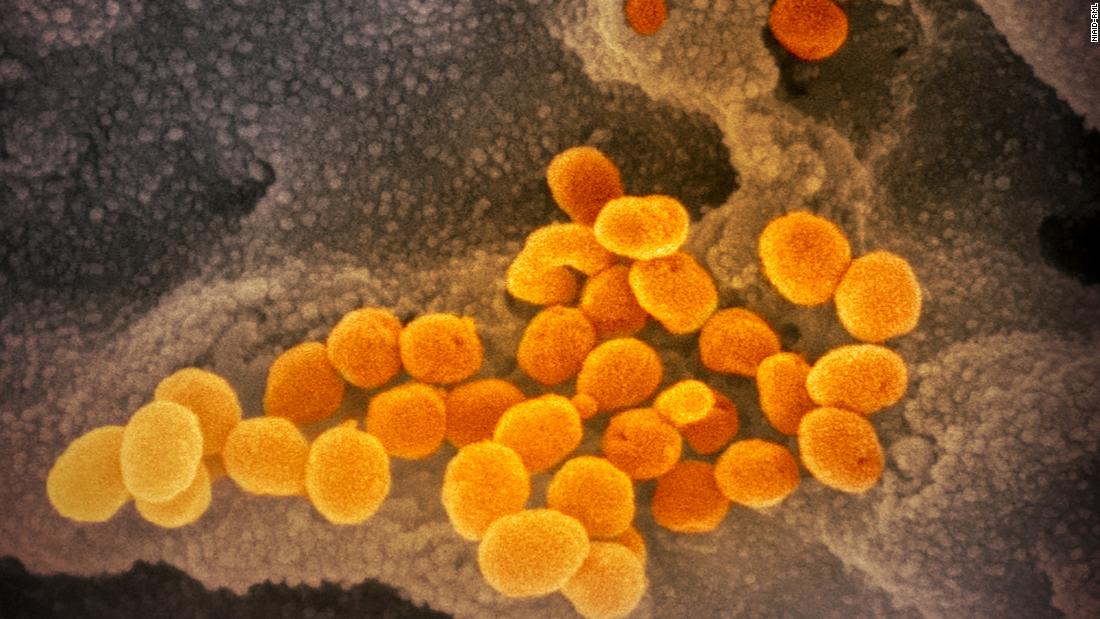[ad_1]
It’s beginning to feel like spring, and with warmer weather also comes seasonal allergies, which could increase one’s susceptibility to a COVID-19 infection, suggests the findings of a new study.
In the study published in Proceedings of the National Academy of Sciences, researchers from the Technical University of Munich (TUM) and the Helmholtz Zentrum München noted that co-exposure to airborne pollen enhances one’s susceptibility to respiratory viral infections in general, “regardless of the allergy status.”
“We hypothesized this could be also true for SARS-CoV-2 infections,” they wrote.
For the study, researchers “tested for relationships between SARS-CoV-2 infection rates and pollen concentrations,” cross-referencing this with humidity, temperature, population density, and lockdown effects from 130 sites in 31 countries and across five continents, they said.
CORONAVIRUS FACE MASK USE SAFE DURING INTENSE EXERCISE, EARLY RESEARCH SUGGESTS
By the end, they found that higher pollen levels were associated with increases in infection rates of the virus that causes COVID-19, scientifically known as SARS-CoV-2. More specifically, the researchers noted a 10-30% increase in the infection rate of the virus when pollen levels were higher.
The researchers also noted that infection rates generally increased when higher concentrations of pollen were in the air, noting that the infection rates increased about four days after higher concentrations of pollen were observed.
The researchers offered a hypothesis for why high pollen days may be linked to an increase in COVID-19 infection rates.
“High pollen concentrations lead to a weaker immune response in airways to viruses that can cause coughs and colds. When a virus enters the body, infected cells usually send out messenger proteins. This is also the case with SARS-CoV-2. These proteins, known as antiviral interferons, signal nearby cells to escalate their antiviral defenses to keep the invaders at bay. Additionally, an appropriate inflammation response is activated to fight the viruses,” explains a news release on the findings.
CLICK HERE FOR FULL CORONAVIRUS COVERAGE
“But if airborne pollen concentrations are high, and pollen grains are inhaled with the virus particles, fewer antiviral interferons are generated. The beneficial inflammatory response itself is also affected. Therefore, on days with a high concentration of pollen, it can lead to an increase in the number of respiratory illnesses. This also holds true for Covid-19. Whether individuals are allergic to the different pollen types is irrelevant.”
The researchers noted that their findings are especially important for high-risk groups, as they are at a greater risk for severe illness from COVID-19, noting that this group should consider wearing a face mask on high pollen days.
“You cannot avoid exposure to airborne pollen,” said Stefanie Gilles, one of the lead study authors, in a statement. “People in high-risk groups should, therefore, be informed that high levels of airborne pollen concentrations lead to an increased susceptibility to viral respiratory tract infections.”
[ad_2]
Source link



Connect with us on our socials: